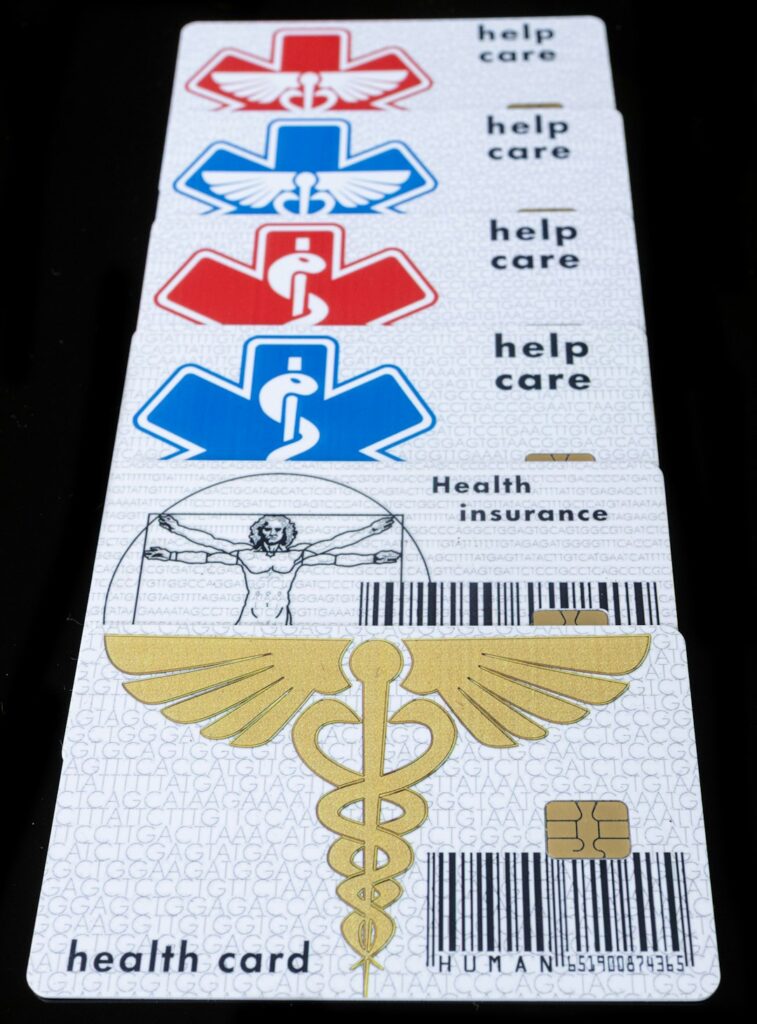AI Tools for Healthcare: Revolutionizing Patient Care and Management
The integration of AI healthcare applications into the medical field is transforming patient care and operational efficiency. These intelligent solutions not only enhance diagnostic accuracy but also streamline hospital management, ultimately leading to better patient outcomes. This article delves into various AI tools and their applications in healthcare, highlighting their significance in modern medicine.
Key AI Healthcare Applications
AI healthcare applications encompass a wide range of technologies designed to assist healthcare professionals. From predictive analytics to virtual health assistants, the innovations are reshaping the healthcare landscape.
1. Predictive Analytics
Predictive analytics utilizes AI algorithms to analyze vast amounts of medical data, allowing healthcare providers to anticipate patient needs. By identifying risks and trends, predictive models can:
- Improve patient outcomes by enabling proactive care.
- Reduce hospital readmission rates.
- Assist in resource allocation effectively.
2. Diagnostics and Imaging
AI applications in diagnostics, particularly in medical imaging, are noteworthy. Technologies powered by machine learning can:
- Enhance the accuracy of image interpretation.
- Detect diseases such as cancer at earlier stages.
- Reduce the workload on radiologists by automating routine detection tasks.
Telemedicine and Virtual Health Assistants
The adoption of telemedicine has skyrocketed, especially in response to global health crises. AI healthcare applications facilitate remote consultations and enhance patient engagement through virtual health assistants.
1. Remote Patient Monitoring
AI-driven remote monitoring tools help track patient health indicators, allowing healthcare providers to maintain oversight without physical visits. This can lead to:
- Early identification of health issues.
- Continuous care for chronic conditions.
- Improved patient adherence to treatment plans.
2. Chatbots and Virtual Assistants
Chatbots equipped with AI are increasingly common in healthcare settings. These virtual assistants can:
- Provide patients with instant information.
- Schedule appointments and send reminders.
- Answer common health-related questions, reducing the burden on staff.
AI in Drug Development and Research
AI tools are making significant strides in drug discovery and clinical research. Leveraging machine learning capabilities, researchers can expedite the development of new medications and therapies.
1. Drug Discovery
AI healthcare applications are vastly improving the drug discovery process by:
- Identifying potential drug candidates more efficiently.
- Predicting how different compounds will interact with biological targets.
- Reducing the time and cost associated with traditional drug development.
2. Clinical Trials
AI-powered analytics support clinical trial management by:
- Identifying suitable patient populations.
- Monitoring trial results in real-time.
- Enhancing the accuracy of data collection and analysis.
Challenges and Ethical Considerations
While the advantages of AI in healthcare are undeniable, there are significant challenges and ethical considerations that must be addressed.
1. Data Privacy and Security
Healthcare data is highly sensitive, and securing it against breaches is paramount. The use of AI necessitates stringent data protection measures to maintain patient confidentiality.
2. Bias in AI Algorithms
AI models are only as good as the data they are trained on. If biased data is used, it can lead to skewed outcomes, highlighting the need for fairness and diversity in training datasets.
Conclusion
AI healthcare applications are paving the way for a more efficient, accurate, and patient-centered medical ecosystem. As technology continues to evolve, embracing these innovations will be crucial for healthcare providers aiming to enhance their services and improve patient outcomes. However, it is equally important to address the challenges associated with data security and algorithmic bias to ensure a future where AI tools benefit all segments of the population.
Enhancing Diagnostic Accuracy
AI healthcare applications are significantly improving diagnostic accuracy. By analyzing vast amounts of data and recognizing patterns that might be missed by human eyes, AI tools can assist healthcare professionals in identifying diseases at earlier stages. For instance, machine learning algorithms are being employed in radiology to evaluate medical images and flag potential abnormalities. This technology not only speeds up the diagnostic process but also enhances the overall quality of patient care.
Predictive Analytics for Patient Outcomes
Another critical area where AI tools are making a marked difference is in predictive analytics. AI healthcare applications can analyze historical patient data to forecast future health outcomes, allowing for better patient management. For example, predictive models can help identify patients at high risk of complications, enabling healthcare providers to intervene proactively. This data-driven approach not only improves patient outcomes but also optimizes resource allocation within healthcare systems.
Streamlining Administrative Processes
Beyond clinical applications, AI tools are transforming administrative processes within healthcare settings. AI healthcare applications streamline routine tasks such as appointment scheduling, patient record management, and billing, which reduces the administrative burden on healthcare providers. By automating these processes, healthcare institutions can focus more on delivering quality patient care rather than getting bogged down with paperwork and logistics.
Personalized Treatment Plans
AI technologies are also paving the way for personalized medicine. By analyzing individual patient data—including genetic information, lifestyle choices, and health history—AI healthcare applications can aid in the development of tailored treatment plans that cater specifically to each patient’s needs. This customization promises to enhance treatment efficacy and patient satisfaction, ultimately reshaping the landscape of healthcare delivery.


